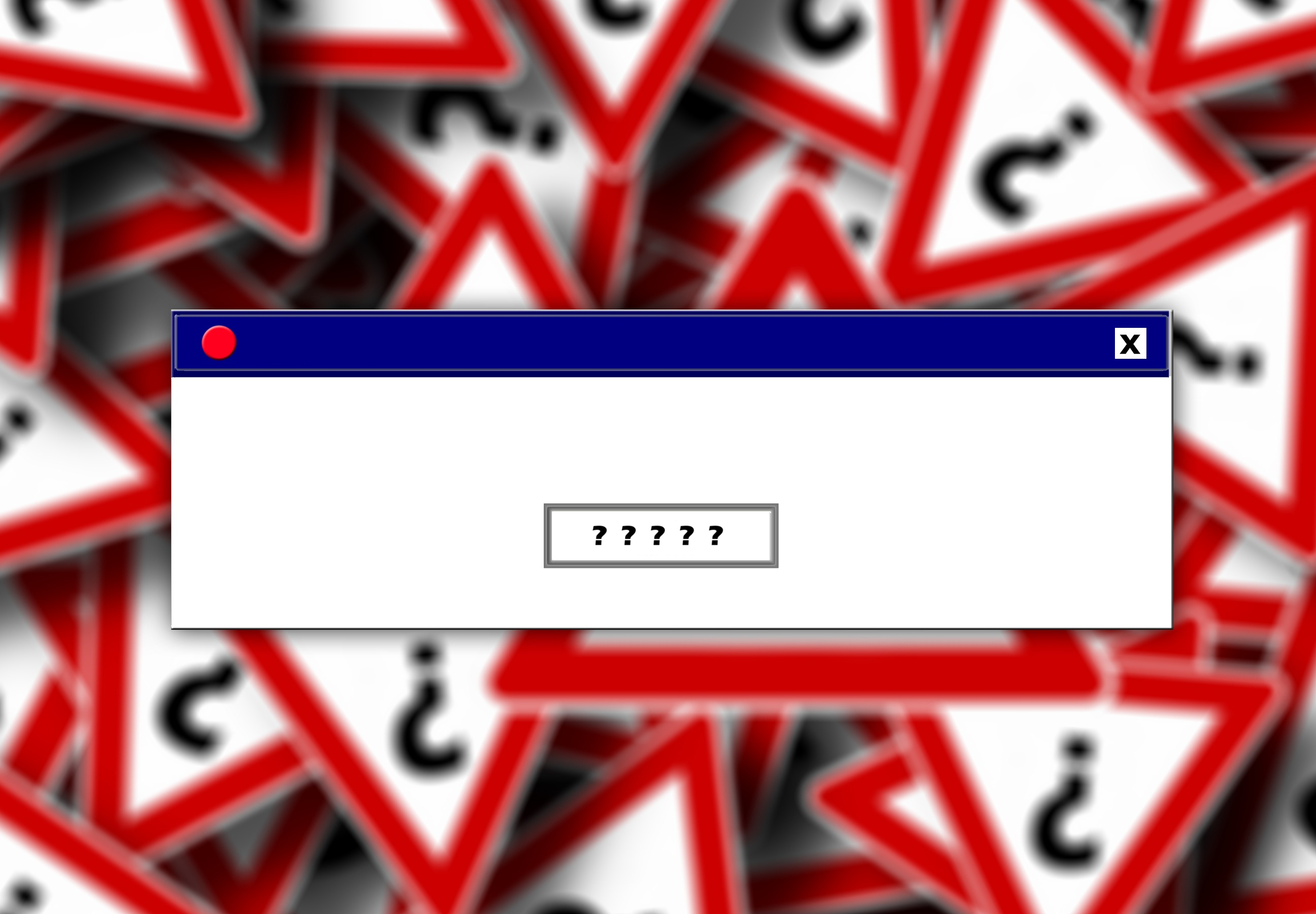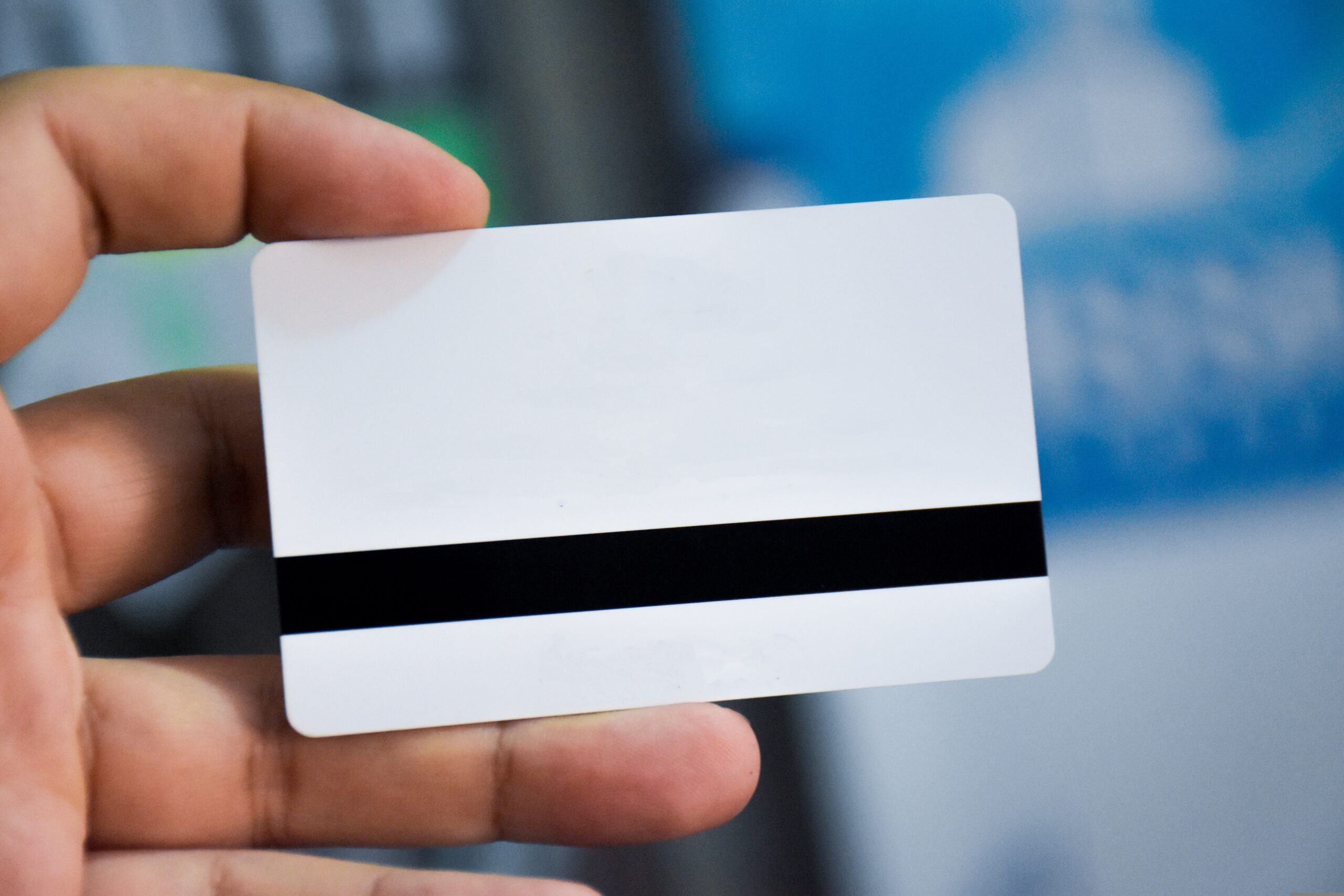The government department has, in tax return forms and software, included messages reminding users of the need to correctly and accurately apportion expenses that have mixed business and personal use
HM Revenue and Customs claims that a trial of “digital nudges” reminding taxpayers of how to correctly classify their business expenses has generated an additional £27m of income.
The department has published the minutes of the most recent meeting of its Strategic Software Forum – a discussion which included examination of “a programme [that] was developed to address private-use apportionment in income tax returns”.
This concerns business expenses that have a personal, as well as a professional element and how these two uses are quantified – a calculation which represents the extent to which the spending in question is tax-deductible.
“HMRC, despite being data-rich, identified errors in how customers report dual-purpose expenditure,” the minutes say. “Digital nudges were introduced during end-of-year filing to prompt users to review and adjust entries related to private use.”
As well as its own GOV.UK service for end-of-year income tax submissions, nudges – in the form of “messages… reminding users to disallow private-use expenses and linking to relevant guidance” – were also provided to those filing returns using software platforms from accredited provided Bright.
After these messages were included for a subset of users as part of a “randomised controlled trial”, HMRC found “that users who received nudges were more likely to adjust their entries”.
These adjustments are estimated to have delivered an extra £27m in tax revenue for the 2023/24 year, according to the meeting summary.
“Expansion of the programme is planned, including earlier interventions, broader outreach, and integration into everyday record-keeping tools,” the document adds. “The programme will also consider how this can be expanded to other tax regimes.”
Related content
- Market for digital tax software would be ‘undermined’ by own-brand HMRC alternative, minister says
- HMRC reveals digital exclusion exemption for MTD for Income Tax
- HMRC launches £1m tech project to explore splitting out VAT in real time
The HMRC forum also concluded that “continued collaboration with software developers is essential”, adding that providers of accredited tax-return platforms have an “interest in embedding business validation rules and sharing common error data to improve accuracy”.
Despite the seeming success of the trial and the extra income generated, “some concerns were noted about user reactions to prompts, potential for users to game the system, and the need for HMRC to share more data on common errors to support software improvements”.
“Concerns were also raised about the need for commercial benefits to software developers to incentivise more work”, according to the minutes. “The agenda item concluded with a call for continued collaboration and feedback on how to better integrate nudges and support into the customer journey.”
Created in 2020 following the implementation of the first mandatory phase of the Making Tax Digital regime, the Strategic Software Forum features civil servants from HMRC and the rest of government, as well as representatives from the software sector and the wider business world.
HMRC has previously detailed its use of digital prompts to try and ensure it collects the correct tax revenue from the 800,000 most wealthy individuals in the UK.




